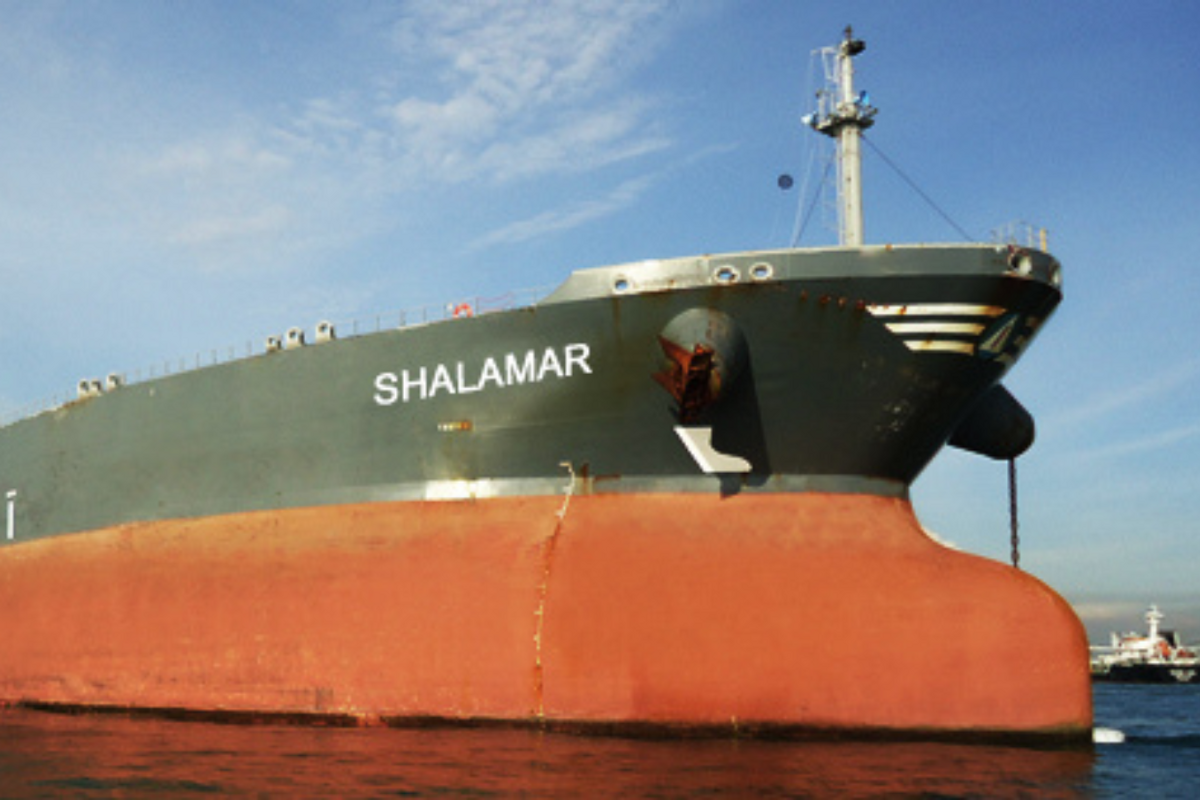Pakistan National Shipping Corporation to modernize fleet, replacing Aframax tankers
If a new contract is signed now, the first delivery for PNSC is anticipated by 2027

PNSC plans to opt for either new or five-year-old vessels
PNSC Website
The Pakistan National Shipping Corporation (PNSC) — the country's national flag carrier — has announced plans to modernize its fleet, beginning with the replacement of four out of five Aframax tankers.
Speaking at an analyst briefing, PNSC management informed the cost of new vessels is estimated at $85 million, while secondhand five- and 10-year-old vessels would cost $60 million and $72.5 million, respectively.
PNSC plans to opt for either new or five-year-old vessels.
Although currently restricted from purchasing secondhand ships, the State-Owned Enterprises Act 2023 allows PNSC to create its own Procurement Policy in line with international shipping practices. This policy is under review and will be submitted for federal government approval.
The company management highlighted that 60,000 to 65,000 vessels are expected to be replaced globally by 2030 to meet green shipping goals. Therefore, it makes sense for PNSC to procure its new fleet sooner rather than later. If a new building contract is signed now, delivery is expected by 2028, with the first delivery for PNSC anticipated by 2027.
PNSC expects demand and freight rates to improve as winter arrives in the West from January 2025. Major improvements are anticipated in clean and dry bulks, with increased movement in LCL, FCL, and break-bulk cargo as the government awards more tenders.
In response to a query about cargo handling for Reko Diq project, the management noted that while Reko Diq Mining Company has not directly approached them, a Chinese firm with a mining license from the Balochistan government has held 2-3 meetings with PNSC. The company remains open to any contract on competitive market terms.
In fiscal year 2023-24 (FY24), PNSC’s net revenue declined by 15% to PKR 46.3 billion, and profit after tax dropped by 33% to PKR 22.7 billion. Despite this, the market outlook for the tanker industry remains positive over the next three years, driven by strong demand trends and limited growth in tonnage supply.
Refinery closures in Europe and new refining capacities in the Middle East, India, and China are reshaping trade patterns, supporting freight rates. However, geopolitical instability and potential disruptions in the Red Sea pose risks to future growth.







Comments
See what people are discussing